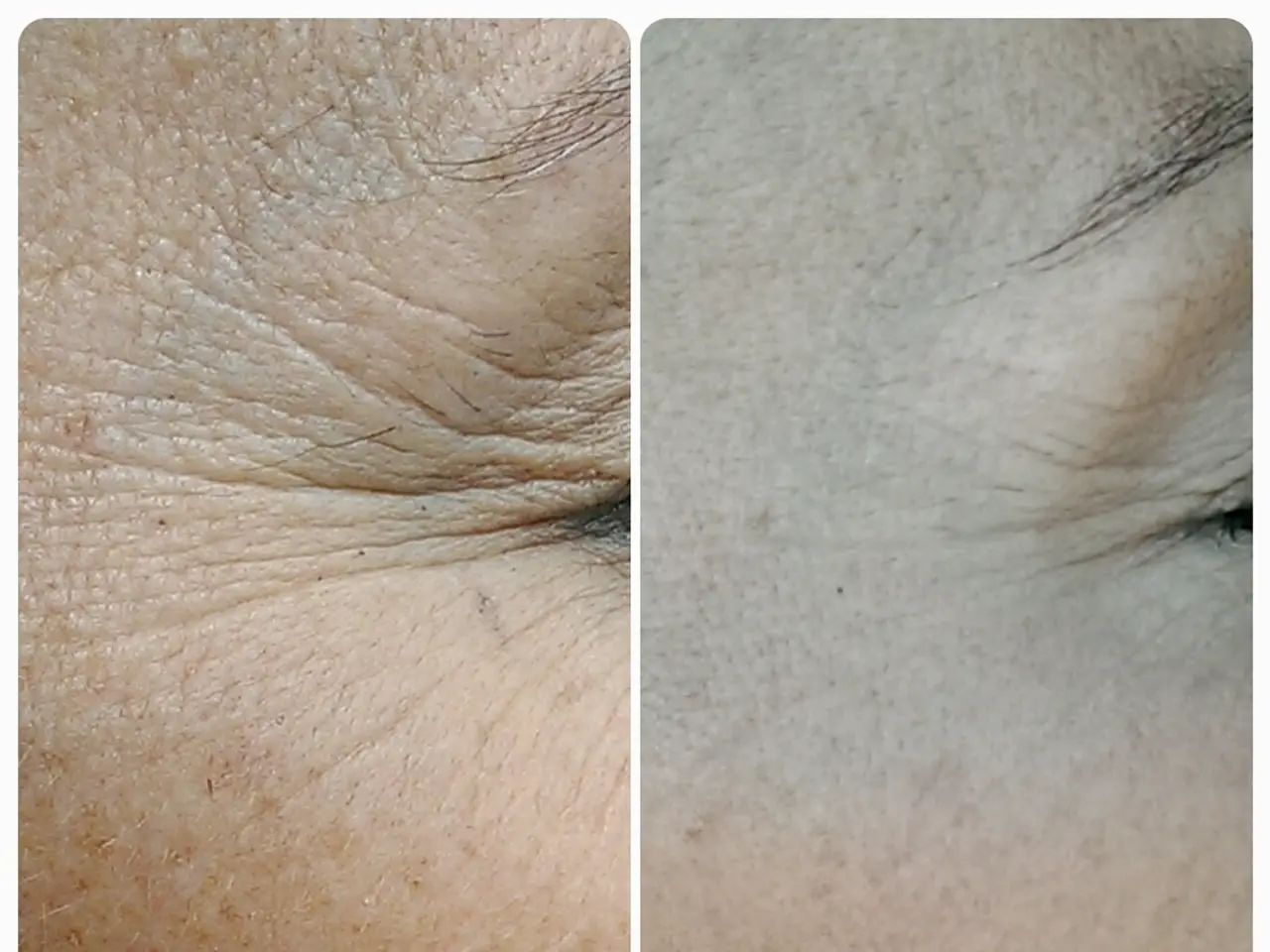Melanoma skin cancer at an advanced stage: Understanding its origins, signs, and therapies
In the battle against skin cancer, understanding the treatment options for advanced stages is crucial. One such stage is stage 3 melanoma, an advanced form of the disease that requires careful consideration and a tailored approach.
Symptoms of stage 3 melanoma can include an irregular, new, or growing mole or spot. If you notice any such changes, it's best to contact a doctor for advice as soon as possible.
When it comes to treatment, several options are available beyond surgery. Wide excision of the primary tumor is a surgical procedure used for most thin melanomas, but current treatments may not cure stage 3 melanoma in some people.
Beyond surgery, treatment options for stage 3 melanoma primarily include immunotherapy, targeted therapy, radiation therapy, and sometimes chemotherapy.
Immunotherapy is a cornerstone for stage 3 melanoma treatment. Immune checkpoint inhibitors such as nivolumab and pembrolizumab (PD-1 inhibitors) or the combination of ipilimumab (CTLA-4 inhibitor) and nivolumab have significantly improved outcomes by stimulating the immune system to attack melanoma cells. This approach is often used after surgery to reduce recurrence risk or when lymph nodes are involved.
Targeted therapies are effective particularly for patients whose melanoma has specific mutations, such as BRAF V600 mutations. These therapies include BRAF inhibitors combined with MEK inhibitors (e.g., dabrafenib and trametinib), which help block the pathways that melanoma cells use to grow.
Radiation therapy may be employed in some cases, especially when melanoma has spread to multiple or difficult-to-treat lymph nodes or for patients who are not candidates for further surgery. Radiation can help control local disease and reduce recurrence risk.
Chemotherapy is less commonly used now but can be considered in certain advanced or refractory cases where immunotherapy and targeted therapy are ineffective or unsuitable.
Additional adjuvant treatments, such as interferon alpha-2b (an immunomodulatory agent), have been explored but are generally less favored due to efficacy and tolerability concerns.
Regular follow-up and skin surveillance after treatment are crucial due to the high risk of recurrence or new melanomas.
In summary, for stage 3 melanoma beyond surgery, adjuvant immunotherapy and targeted therapy are the primary options, supplemented by radiation in select cases, while chemotherapy plays a less prominent role. The choice depends on factors like mutation status, lymph node involvement, and patient health.
Remember, early detection and prompt treatment are key in the fight against melanoma. If you have concerns, don't hesitate to consult with a healthcare professional.




